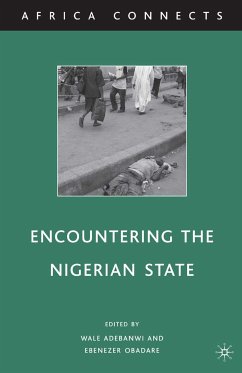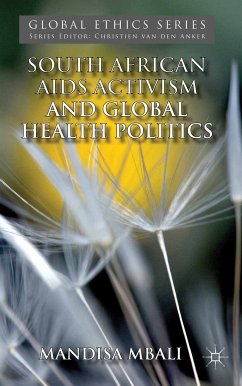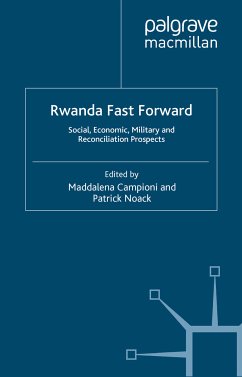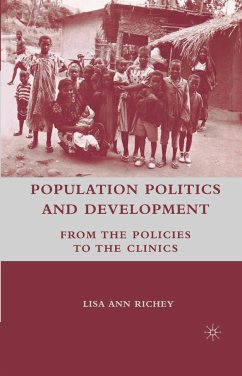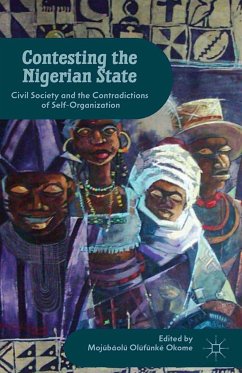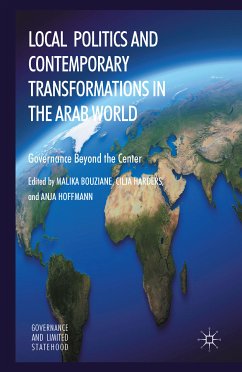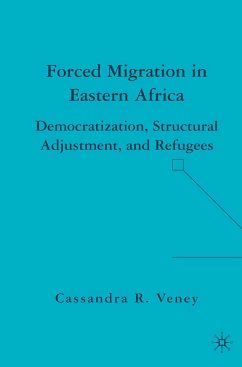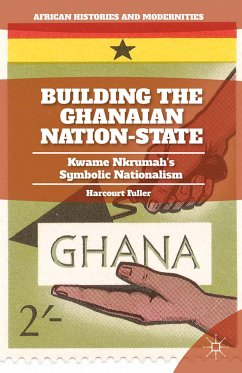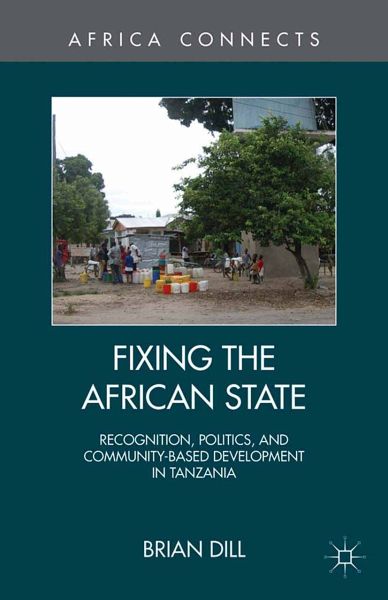
Fixing the African State (eBook, PDF)
Recognition, Politics, and Community-Based Development in Tanzania
Versandkostenfrei!
Sofort per Download lieferbar
40,95 €
inkl. MwSt.
Weitere Ausgaben:

PAYBACK Punkte
20 °P sammeln!
Community-based development' (CBD) or'community-driven development' (CDD) has been the predominant approach to international development in recent years. Drawing on fieldwork and first-hand experience, this book explains why CBD/CDD produces outcomes that are incompatible with its underlying assumptions and intended objectives.
Dieser Download kann aus rechtlichen Gründen nur mit Rechnungsadresse in A, B, BG, CY, CZ, D, DK, EW, E, FIN, F, GR, HR, H, IRL, I, LT, L, LR, M, NL, PL, P, R, S, SLO, SK ausgeliefert werden.



